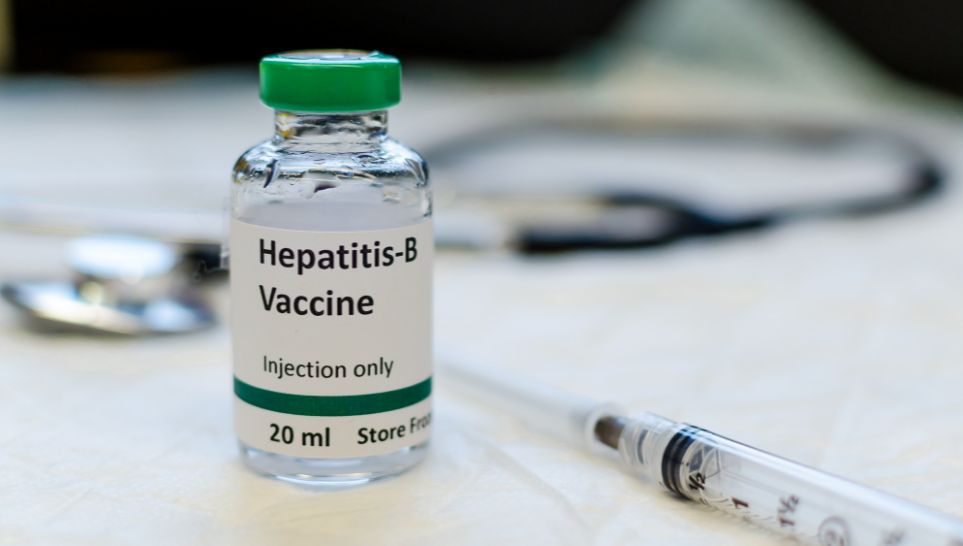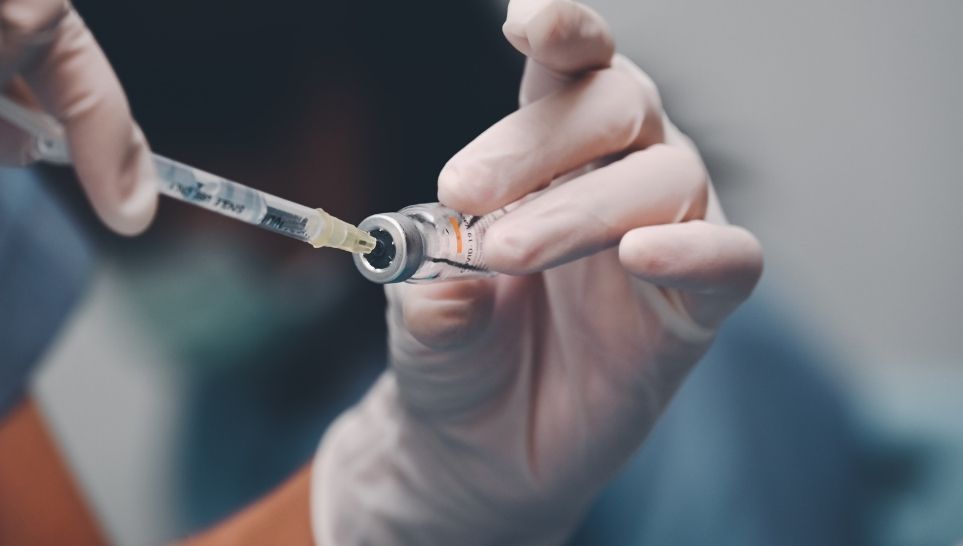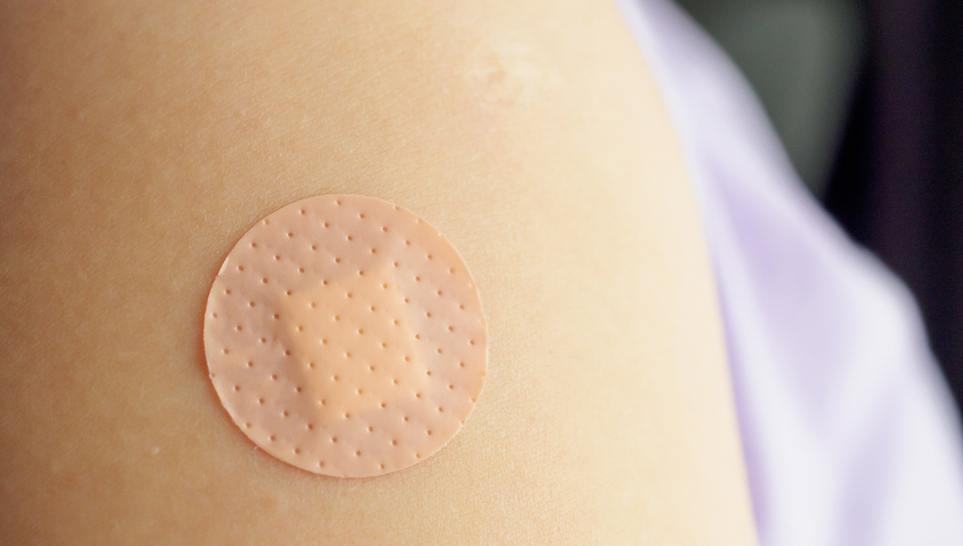
Those wondering how to treat a sore arm after vaccination are more than likely the recipients of boosters or shots like the COVID-19 vaccine. The benefits of modern vaccinations typically outweigh the side effects, but there are still ill effects for many who have received a vaccination and suffered from it. A common symptom after vaccination is the all too common pain or soreness around the vaccination site.
The tips below may help to prepare for vaccination by minimizing tenderness and swelling and treating symptoms that arise. However, serious health problems require immediate medical advice from trained professionals. Nobody should wait to seek medical attention if a vaccine causes severe pain or other issues, like an allergic reaction.
After receiving medical help, those who have experienced these severe complications after a vaccine could also turn to a service like Sadaka Associates’ Vaccine Injury Help Center. The team will be able to provide ongoing advice about the legal ramifications of vaccine injuries and advise on a possible course of action for the case.
Why Does The Arm Feel Sore After a Vaccine?
Flu and COVID-related vaccines work on the same principle: deliberately triggering an immune response against a virus. Older vaccines may contain a component of the specific virus so that the body’s immune system can learn to recognize it and develop defenses. Newer COVID vaccines work differently, containing RNA instead of proteins and causing the cells to manufacture virus spike proteins (there is no live virus in the shot).
The RNA in the vaccine does not cause the body harm because the vaccine does not contain viral components, only something the immune system can recognize as something foreign to develop its antibodies. The overactive immune system then triggers an inflammatory response, irritating the nerve fibers, which causes pain and itching.
The inflammatory response causes a flow of blood to the injection area. That’s why the tissue and muscles may feel swollen and tender. A sore arm is effectively one of the signs that your immune system is developing a response to counteract the virus, though it can be incredibly uncomfortable.
Is it Possible to Do Anything Before a Vaccination Causes Pain?
Before receiving a vaccination, some people take steps to make the process smoother and less stressful. For example, you could schedule it for a Friday when you do not have significant plans for the weekend and can recover if you have unusually severe symptoms.
The Centers for Disease Control does not recommend discontinuing any medications before receiving a vaccine, but it is wise to discuss drug interaction concerns with a physician before committing to a vaccination. Health professionals also recommend wearing a loose-fitting, short-sleeved shirt. It will stay out of the way so that it does not irritate the injection site.
In terms of the COVID vaccine, the following guidelines apply:
- If you feel ill, check for a positive COVID result before scheduling a vaccine.
- If the test is negative, wear a mask when attending the vaccination appointment.
- If the test is positive, delay the vaccination until the COVID runs its course to avoid spreading it.
- A booster shot can protect you from severe consequences to reinfection.
It is good to remember that these vaccines take some time to affect the antibody response, so a mask might reduce the likelihood of contracting the virus after the vaccine. Some health professionals also recommend a simultaneous flu shot and COVID vaccine or booster, which might also mean experiencing a sore arm only once. A doctor’s advice on how to treat a sore arm after vaccination typically does not include over-the-counter pain medications before or after; consult a health professional to weigh the options.
Recommendations Surrounding the Time of Vaccination
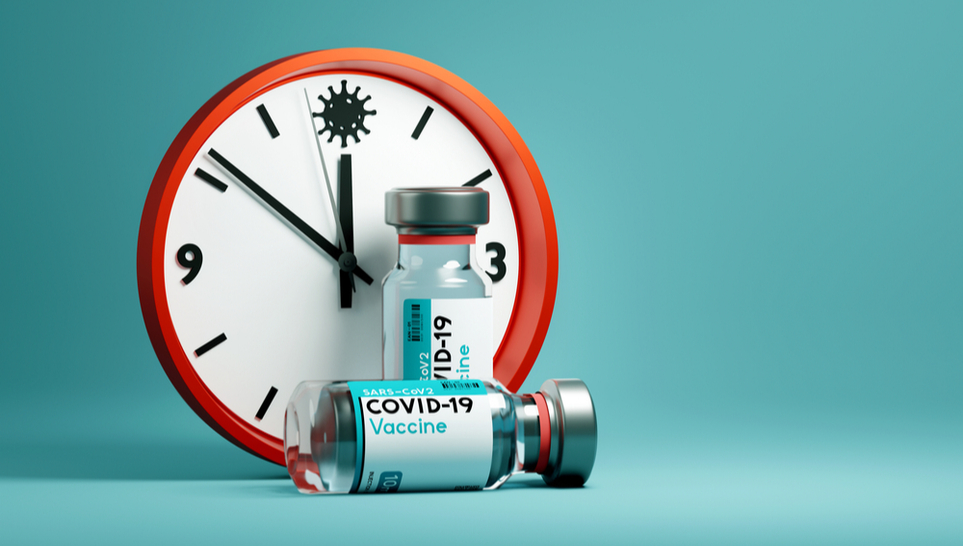
Patients that show up for vaccination should have their vaccination card ready and wear clothing that will make the injection easier to administer. Immediately after the injection, the health professional may recommend putting pressure on the site for a few minutes to minimize the bruising. A vaccine injury is not always immediately noticeable compared to something like an allergic reaction, and making an effort to relax during this process will go a long way.
Questions for the Vaccine Administrator or Nurse
- Which type of vaccine is it? A doctor must know this information if there are adverse effects.
- Have there been changes in CDC guidelines? Scientists refine recommendations continually.
- If you sleep on a certain side, have the shot in the other arm to avoid lying on a sore shoulder when trying to sleep.
Preparation is Key in How to Treat Sore Arm After Vaccination
Before going for a COVID or flu shot, it is a good idea to know how to treat a sore arm after vaccination, as this is a common complaint.
Use Cold Compress
It might not be possible to avoid pain altogether, but ice or cold compresses might moderate it and decrease the swelling quickly (cold reduces blood flow). The soreness is a consequence of the body trying to attack the vaccine components, which is a good thing because it builds the body’s immunity against the virus.
Move the Shoulder
Moving the arm around might also help to relieve the soreness. Muscles are usually sore after an injury or overworking, but if the shoulder is sore after vaccination, the muscle itself is probably fine. Exercising the shoulder keeps the blood flowing and flushes the area of the vaccine components that are triggering the immune response.
Conversely, avoid overworking the muscle or tensing. Move around in moderation without over-exerting the area, which will make the pain at the injection site worse.
Prevent Skin Irritation
Minimizing skin irritation is another tactic for how to treat a sore arm after vaccination. Wear loose, soft clothing made of hypoallergenic material and use gentle detergents. If the weather is warm, consider an open shoulder top to minimize irritation at the injection site.
Remember Hydration
Consuming enough water will hydrate the body. The evidence is still shaky on whether hydration circulates the vaccine through the body, but it will make you feel better in general.
Relax
Injection site pain usually disappears on its own. Focusing too much on pain can make it overwhelming, so relax and decrease the muscle tension in the arm whenever possible.
How to Treat Sore Arm After Vaccination and Allergic Reaction
There is value in knowing how to treat a sore arm after vaccination, but it is also good to be aware of the possible allergic reactions that some people experience. It is customary to wait fifteen minutes after the shot to ensure that there is no allergic reaction to the vaccine.
Concerning symptoms could include:
- Wheezing
- Difficulty breathing
- Swelling
- Hives
- Rash
Allergic reactions are rare side effects of vaccination, whether COVID vaccines or vaccinations in general. Epinephrine may reduce swelling in an emergency, so do not hesitate to seek medical attention if these symptoms arise.
Possible Long-Term Adverse Effects of Vaccination
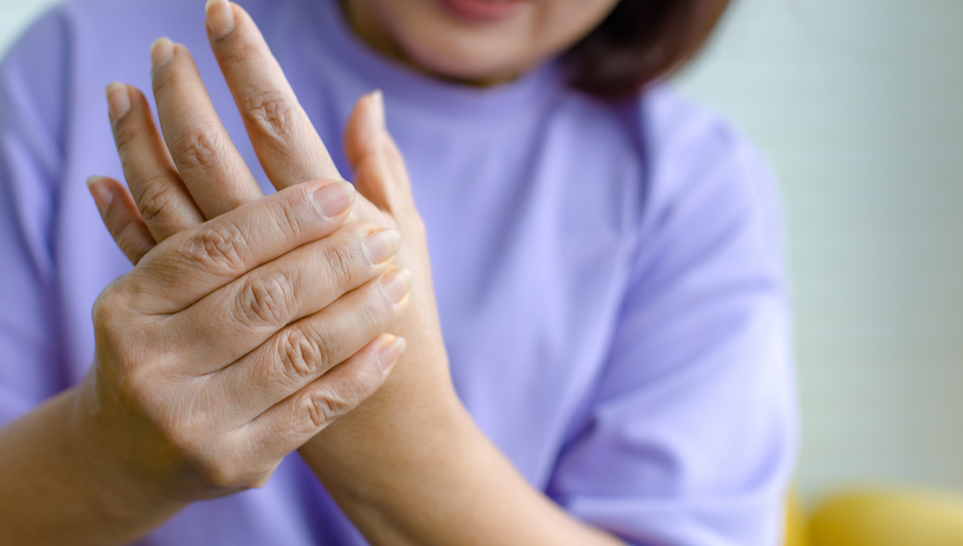
Research is inconclusive, but some studies suggest that the COVID-19 vaccine leads to an increased risk for certain autoimmune diseases, including Guillain-Barré syndrome. In circumstances where the immune system attacks its own nervous system or other parts of the body, a medical professional might treat the disorder using medication that moderates the response. If a vaccine injury arises, the center also recommends consulting legal professionals like those at Sadaka Associates’ Vaccine Injury Help Center for more information about how to proceed.
Other Vaccination Tips
- Ask a doctor for guidance on how often to receive vaccines for yourself and your dependents.
- Follow up with a doctor immediately if health problems arise after any vaccine.
- Take part in surveys after a vaccine if there is an opportunity and report new or worsening health symptoms—it helps gather data about rare and common side effects so that everyone can understand the risks of vaccination.
Seek Legal Representation For Illness or Injury After a Vaccine
In people with healthy immune systems, serious vaccine side effects are rare after the COVID-19 vaccinations and seasonal flu vaccinations. However, coronavirus vaccines are still new and bound to change with each new flu season. If a vaccine does cause an adverse effect, the medical community needs to know about it.
Seeking legal representation is also a good idea. Attorneys play a crucial role in holding the medical establishment and government authorities responsible when vaccines cause harm or increase the risk of harm. You would not think twice about seeking legal help for unsafe food, cars, or children’s toys, so why hesitate for vaccines?
The vaccine injury lawyers at The Law Offices of Sadaka Associates frequently represent claims of injury as a result of vaccination, including Guillain-Barré syndrome. They use scientific research and sound medical science to advocate for clients who might have experienced harm after a vaccine, no matter the severity.
Knowing more about how to treat a sore arm after vaccination helps minimize these minor issues, but more serious problems could require legal action. Use the contact form or call the Vaccine Injury Help Center or The Law Offices of Sadaka Associates at 1-800-810-3457 today. There is a three-year limitation on vaccine injury cases, so call before it is too late.




